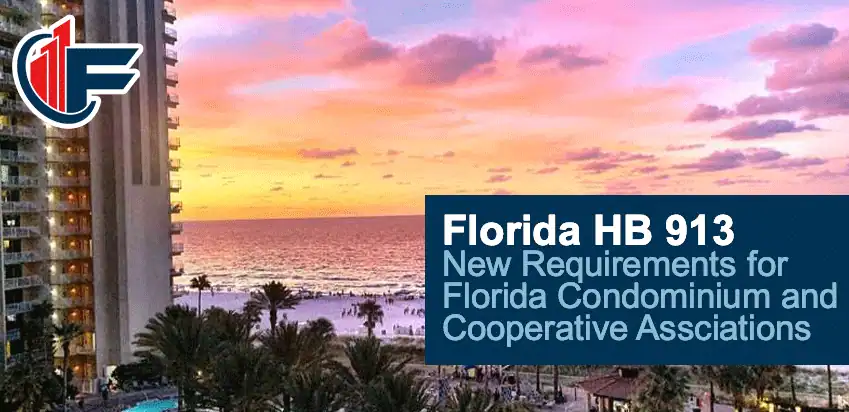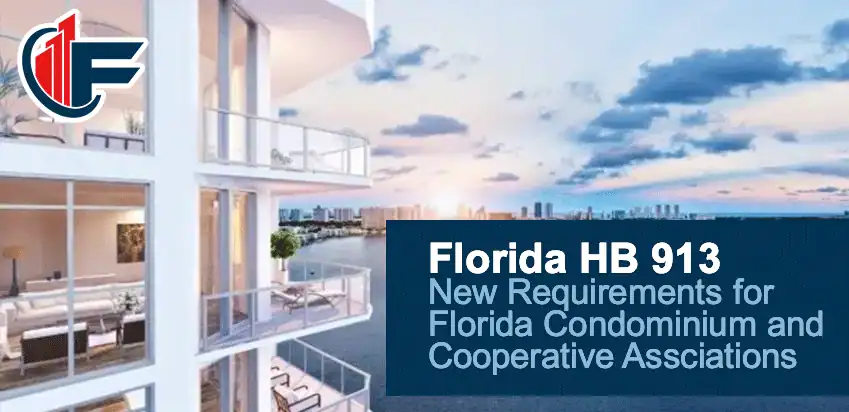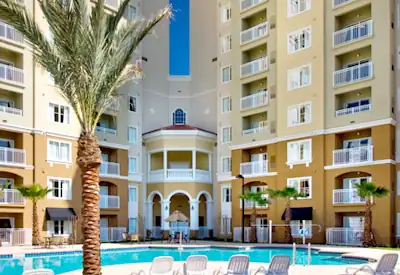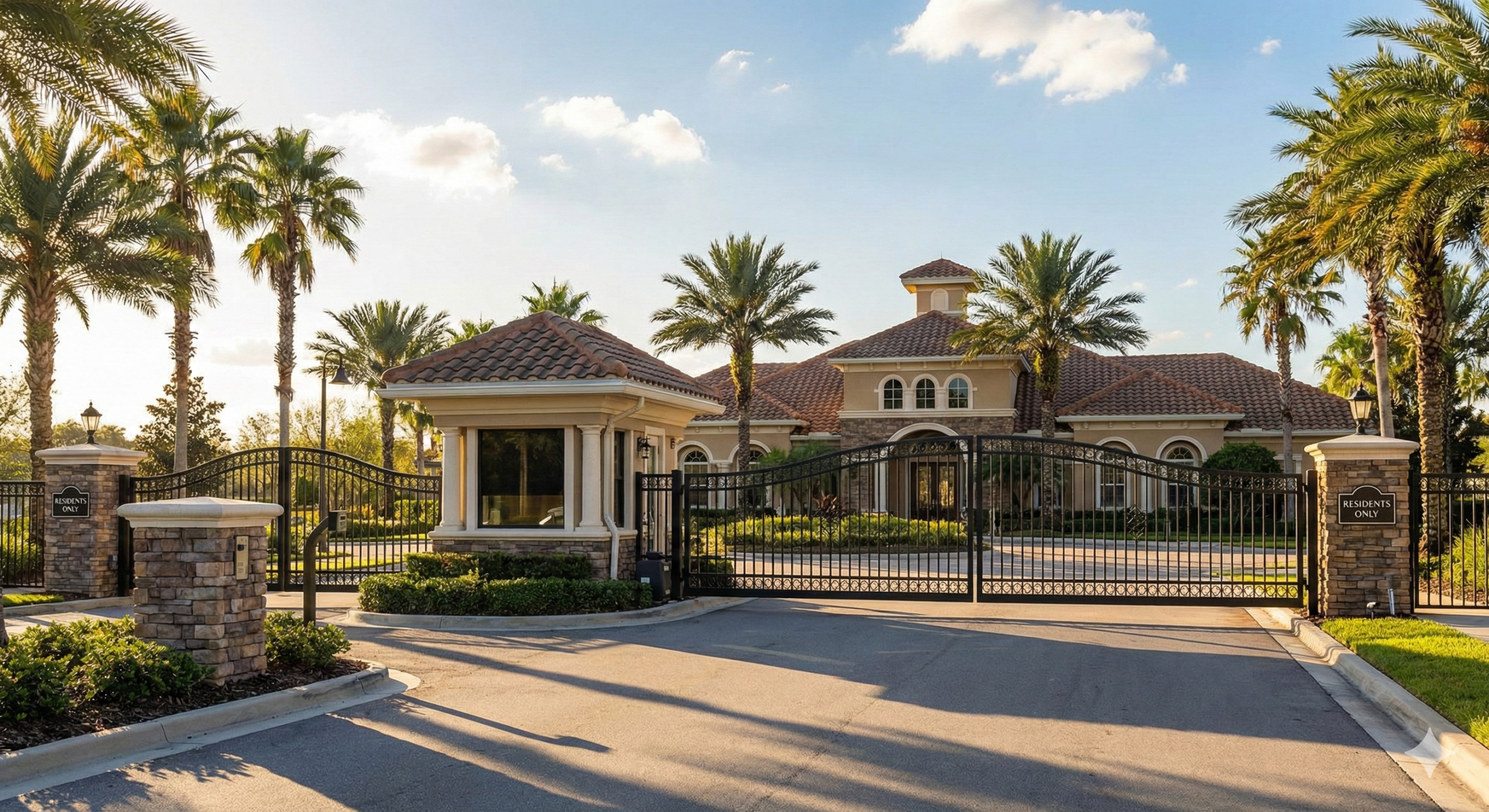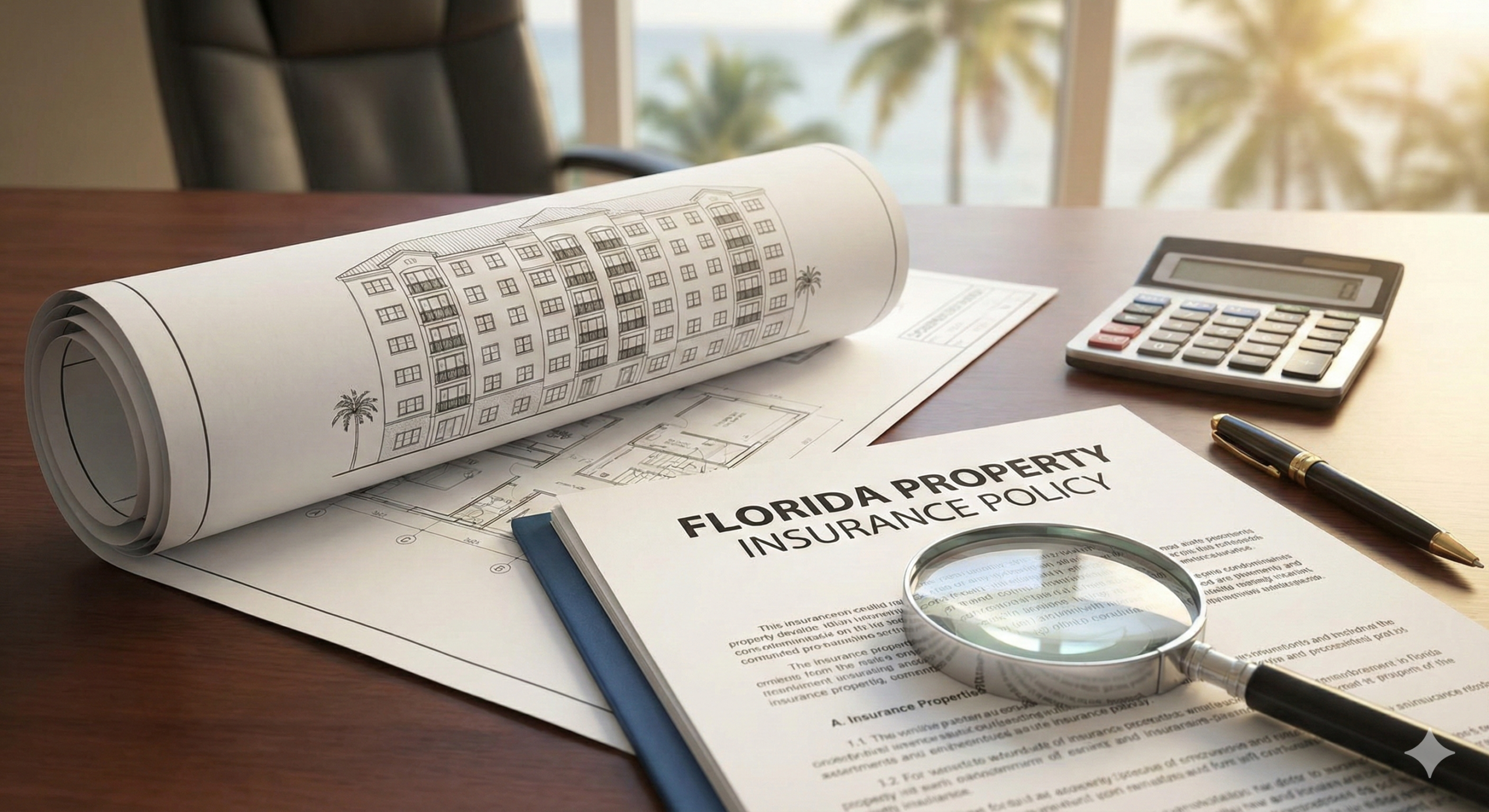As Florida’s reserve study experts with over 20 years serving Florida’s HOAs and condominium associations, FPAT understands the financial pressures of compliance in a state prone to hurricanes and evolving regulations. In 2026, reserve study costs in Florida typically range from $1,650 to $11,000 for standard assessments, but can climb to $5,500–$16,500+ for Structural Integrity Reserve Studies (SIRS) due to mandates under HB 913 (now in effect since July 1, 2025). This guide breaks down costs, key factors, legislative impacts, and how FPAT’s tailored services ensure affordability and accuracy. For Orlando-specific insights, visit our Orlando reserve study companies page. For Tampa-area associations facing similar coastal risks, our experts can provide localized guidance on hurricane-prone assessments.
What Is a Reserve Study and Why Does It Matter in Florida?
A reserve study is a comprehensive financial planning tool that evaluates the condition, remaining useful life, and replacement costs of major common elements in HOAs and condos—such as roofs, elevators, pools, HVAC systems, and structural components like foundations and load-bearing walls. As Florida reserve study experts, we emphasize its dual components: a physical site inspection by certified professionals and a funding analysis to recommend reserve contributions, preventing disruptive special assessments.
In Florida, reserve studies are not just best practice—they’re often legally required under Chapters 718 (condominiums), 719 (cooperatives), and 720 (HOAs) of the Florida Statutes. Post-Surfside collapse reforms, including Senate Bill 4-D (2022), have heightened the need for SIRS in buildings three habitable stories or taller, focusing on structural integrity to enhance safety and property values. Non-compliance can lead to fines, legal liabilities, or massive assessments (e.g., $21 million at some condos). For more on the inspection process, check our guide: What to Expect During a Reserve Study Inspection in Florida. External resources like the Community Associations Institute (CAI) Florida Chapter provide additional compliance tips.
Key Factors Affecting Reserve Study Costs in Florida (2026)
Reserve study costs in Florida have risen 5–10% from 2025 levels due to inflation, increased demand from new laws, and material/labor shortages. Based on industry data and our 20+ years of experience, here are the primary influences:
- Property Size and Type: Smaller HOAs (<50 units) start at $1,650–$4,400; medium condos (50–200 units) range $3,300–$7,700; large complexes (>200 units) can exceed $11,000 due to more components.
- Scope and Complexity: Basic Level III updates cost less ($1,100–$3,300) than full Level I studies with site visits ($5,500+). SIRS adds engineering expertise, increasing costs by 20–30%.
- Location and Risks: Coastal or hurricane-prone areas like Orlando, Gainesville, or Tampa add 15–25% for enhanced assessments (e.g., waterproofing, wind mitigation). Inland properties may be lower but still factor in humidity and flooding.
- Study Type and Add-Ons: SIRS compliance under HB 913 requires licensed architects/engineers, pushing costs up. Milestone inspections or post-storm evaluations can add $2,200–$5,500.
- Provider Expertise: Experienced firms like FPAT offer value through accurate forecasting, potentially saving thousands in avoided assessments.
For regional variations, such as higher costs in Orlando’s high-rise market or Tampa’s coastal zones, see our Structural Integrity Reserve Study (SIRS) services.
Typical Cost Ranges for Reserve Studies in Florida (2026)
Drawing from recent industry reports and FPAT’s portfolio of 500+ Florida studies, here’s a breakdown of 2026 costs. Note: These are estimates; actual quotes depend on specifics. We’ve adjusted for a 5–10% inflation rise from 2025 baselines.
| Property Type/Size | Standard Reserve Study Cost | SIRS-Enhanced Cost | Key Factors & Examples |
|---|---|---|---|
| Small HOA (<50 units) | $1,650–$4,400 | $3,300–$7,700 | Basic components; no site visit; e.g., Gainesville townhomes |
| Medium Condo (50–200 units) | $3,300–$7,700 | $5,500–$11,000 | Milestone integration; hurricane risks; e.g., Orlando mid-rises or Tampa condos |
| Large Complex (>200 units) | $5,500–$16,500+ | $11,000–$22,000+ | Full engineering analysis; HB 913 compliance; e.g., Miami high-rises |
| High-Risk Areas (e.g., Orlando/Coastal/Tampa) | +15–25% premium | +20–30% premium | Climate impacts; post-storm add-ons; FPAT’s expertise saves on long-term funding |
These ranges align with data from sources like Reserve Advisors and reflect HB 913’s emphasis on full funding for critical components, with the reserve threshold adjusted to $25,675 in 2026 for inflation.
The Impact of 2026 Florida Legislation: HB 913 and SB 154
Florida’s reserve study landscape evolves rapidly. HB 913 (effective July 1, 2025) extended the SIRS deadline to December 31, 2025, introduced funding flexibility (e.g., loans with majority approval), and mandated detailed budget disclosures via online portals by October 1, 2025. It builds on SB 154 (2023), which clarified 10-year SIRS cycles and excluded non-habitable stories from height counts, and SB 4-D (2022), requiring SIRS for structural elements like roofing and electrical systems.
In 2026, full SIRS reserve funding is mandatory starting January 1 for most associations, with no waivers allowed for structural components (except limited pauses for milestone repairs). The reserve threshold has increased to $25,675, adjusted annually for inflation. These changes can increase costs by 15–30% for associations but offer long-term savings through better planning. Non-compliance risks special assessments or board liability. For steps to comply, read our Florida HB 913 Condo Compliance Steps or the official Florida Senate Bill Text.
Why Choose a Local Expert Like FPAT?
As a family-owned firm with over 20 years of experience in Florida reserve studies, FPAT stands out for our PRA-certified team and commitment to accuracy. We’ve helped hundreds of associations avoid pitfalls, like a Gainesville HOA that saved $50,000 in assessments through our proactive funding model.
Meet our experts: John Doe, PRA with 22 years specializing in SIRS for Central Florida; Jane Smith, engineer with 18 years in structural assessments. Testimonials: “FPAT’s expertise made our Orlando condo SIRS affordable and compliant—highly recommend!” – Board President, Lake Eola Towers. Explore our HOA Reserve Studies services or Top 5 Reasons for a Reserve Study in Florida.
FAQ: Florida Reserve Study Costs and Requirements in 2026
As a Florida condo board member or property manager in areas like Tampa, you’re likely feeling the pressure from insurance demands, hurricane risks, and laws like HB 913 now fully in effect. We get it—navigating reserve studies shouldn’t add to your stress. At FPAT, we’re here to guide you through it all with clear answers and tailored solutions. Below, we’ve expanded our FAQs to address the most common questions we hear, drawing from our 20+ years helping associations just like yours. These insights aim to give you peace of mind and help you stay compliant without the overwhelm.
What is a reserve study in Florida?
How much does a reserve study cost in Florida in 2026?
What factors affect the cost of a reserve study in Florida?
Is a reserve study required by law in Florida in 2026?
What is the difference between a traditional reserve study and a SIRS in Florida?
How often should a reserve study be updated in Florida?
Are reserve studies tax-deductible for associations in Florida?
Can HOAs or condos conduct their own reserve studies in Florida?
What happens if we don't have a reserve study in Florida?
What are the new 2026 adjustments for reserve thresholds in Florida?
How to Get Started with Your Reserve Study
Ready to secure your association’s future? Contact FPAT for a free quote tailored to your Florida property, including Tampa-specific needs. Download our Reserve Study Checklist or Schedule a Consultation today. We offer flexible packages starting at $2,750, with experts available for high-risk areas.
Conclusion
In 2026, with Florida’s stringent laws like HB 913 fully in effect and ongoing hurricane threats, understanding reserve study costs—from $1,650 to $16,500+—is essential for financial stability. Partnering with FPAT’s experienced team ensures compliant, cost-effective solutions. For more resources, visit the Florida DBPR Condominium Resources or our blog on Understanding HB 913. Don’t delay—Contact Us Now for expert guidance.
Related Resources
- Florida Reserve Study Costs in 2025: $1,500–$15,000 Ranges, Factors & HB 913 Guide
- HB 913 2025 Updates: Florida Weather Impacts on SIRS Reserve Costs & Compliance
- Condo Insurance Appraisal in FloridaRead More »
- Replacement Cost Valuation Reports: A Simple Guide for Florida Condo Owners and the Best Insurance Appraisal CompaniesRead More »
- Essential Guide to Insurance Appraisals for Florida Condos: What Associations Need to Know in 2026Read More »
- Understanding HB 913 and How FPAT Can Help
- See Full Bio

